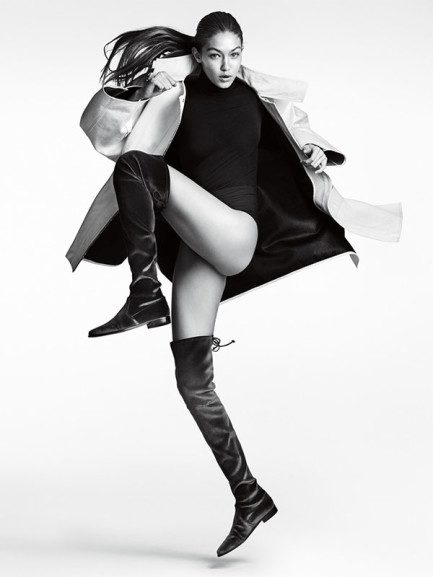Je vous écoute; I am listening.
I like the sentence je vous écoute because in Provence, where I hear it often it truly does mean, I am listening. It prefaces a break in conversation where you make your point and have your say; generally without interruption. Perhaps it is a southern habit but it is a trademark of the south and one I have come to value.
Nobody listens!
It is a broad and flammable statement but one I find to be too often true. Our attention spans, our self-involvement and our constant need for stimulation have rendered the art of listening and therefore the art of conversation secondary place.
This is a broad generalisation but also I fear for many of us it is true; not all the time but sometimes. It is difficult to listen, to really listen and even harder to hear and interpret not only words and nuances but the meaning of conversations. Frequently we have our answers prepped and ready to go before the other person has even finished their sentence. Often we don’t really want to hear their story, their upset or their point of view; we simply want to voice and hear our own. How often a story gets matched with a bigger and better one or a personal motive becomes the focus when it shouldn’t. The point of the conversation is entirely lost.
I’m lucky, my friends are very good listeners. We need good listeners in our lives; it is the best kind of therapy when someone really, really hears. It is a win for both sides; therefore we must reciprocate.
David is the best of all listeners I know.
He listens and really hears what is said. He doesn’t interrupt or push his own agenda; he considers what is on the table. He may seem to ‘vanish’, through lack of comment or a distance in his eyes, but in truth he is concentrating and listening to what I have to say. I know because much later he will make it known what he thinks; over the big and the small.
I am not as artful as he is when it comes to listening. I want to be a good listener but sometimes I get wrapped up in my own voice and I miss out; not being a listener means we miss out. We miss out on engagement, we miss out on praise and we avoid criticism. It is tempting to fill the space with our own voice, to prattle through nervousness or fear of an outcome. It takes practice to stand steady and to wait for others who may be less effective at communicating. They will get there; we must remember not to speak for them.
Not listening can be used as an avoidance tactic. If you don’t hear the words, they are not true.
We all know better than that. Being listeners does not make us quiet or dull or uninteresting, listening makes us more attractive because we naturally become more involved.
Everyone, or at least many younger than me are plugged into some kind of device when they are out and about. I notice so many on the street and on public transport aren’t moving in “real time”; they are talking on the phone, listening to music or scrolling through their phones. There is no plain sitting or standing anymore. What happened to being in touch with our surroundings?
We all like amusement to counteract our boredom and multi-tasking is a skill to be revered but when so much of life is tuned out how can we tune in when required? How do we know when to listen and when to be quiet?
Listening is another routine, like exercising; the more we do the easier it is and the stronger we feel.
Je vous écoute. Really, xv.




